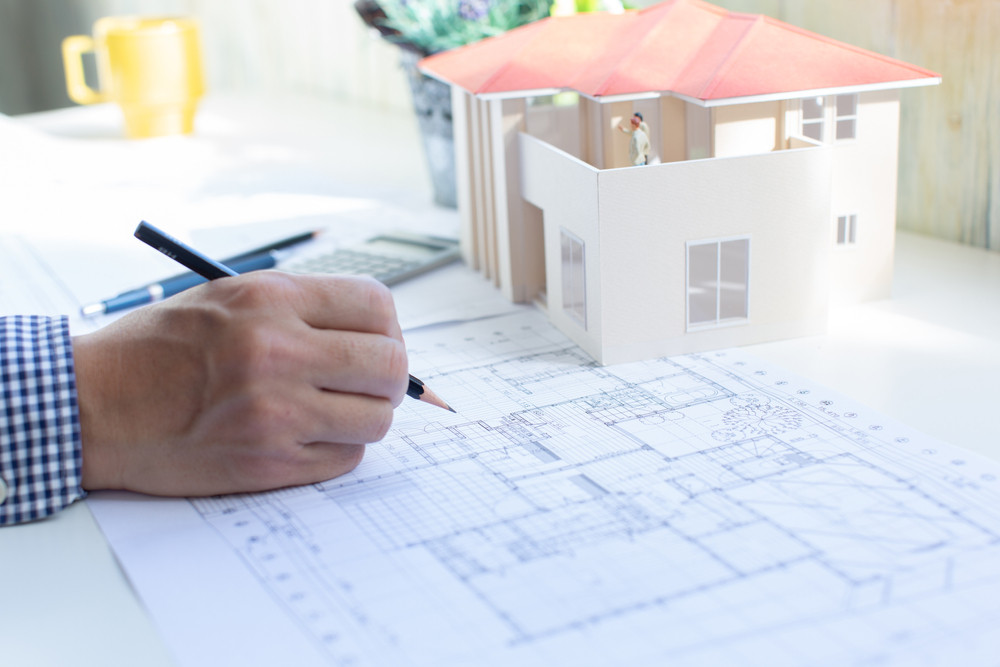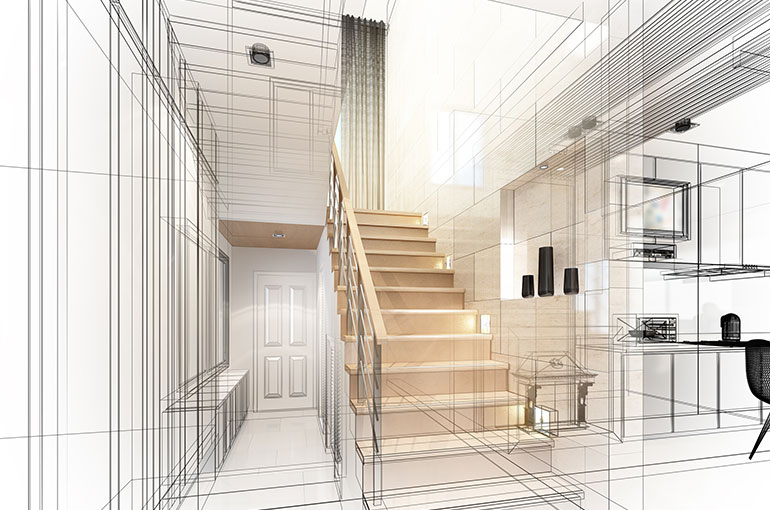Check Out Acclaimed Jobs by Distinguished CDA Architects
Check Out Acclaimed Jobs by Distinguished CDA Architects
Blog Article
The Vital Role of a Designer in Shaping Sustainable Urban Atmospheres for Future Generations
The role of a designer in crafting sustainable metropolitan environments is increasingly essential in replying to the difficulties of environment modification and urbanization. By flawlessly incorporating ecological concepts into their styles, designers not just enhance the visual and practical quality of metropolitan rooms but also address pushing issues such as power effectiveness and social equity. Their competence in cutting-edge materials and neighborhood involvement shapes growths that reverberate with local values and desires. As we discover the intricacies of this area additionally, it ends up being obvious that the future of metropolitan living may pivot on the actual techniques engineers employ today.

Understanding Lasting Urban Style
Sustainable metropolitan design incorporates environmental principles with metropolitan planning to create atmospheres that are not only livable but also resilient. This strategy highlights the importance of including natural systems right into the urban textile, guaranteeing that growth meets the demands of the present without endangering the capacity of future generations to fulfill their own needs. Key aspects of lasting urban style consist of efficient land usage, the promo of biodiversity, and the assimilation of green rooms, every one of which add to improved quality of life for citizens.
In addition, lasting city style focuses on the decrease of the city warm island effect, improved air quality, and reliable stormwater management. It urges the use of sustainable resources and energy-efficient building methods, which considerably lower carbon footprints. Furthermore, sustainable urban style promotes social equity by developing accessible public spaces and advertising mixed-use growths that cater to diverse populations.
Through thoughtful planning and innovative layout strategies, lasting metropolitan atmospheres can improve neighborhood durability versus climate adjustment while cultivating financial growth. This alternative technique not just addresses prompt city difficulties however likewise lays the groundwork for healthier, more sustainable cities for generations to come.
Trick Duties of Engineers
Designers play an essential function fit sustainable city environments by converting layout concepts into tangible frameworks and rooms. Their obligations include a wide variety of activities that contribute to the total success of metropolitan layout jobs.
Firstly, architects perform comprehensive website evaluations to recognize the environmental, social, and social context of their jobs. This foundational expertise notifies their design choices, making sure that buildings balance with their surroundings. cda architects. They also engage in collective processes with stakeholders, including city organizers, engineers, and the area, promoting a comprehensive technique to metropolitan development
In addition, architects are entrusted with creating layouts that optimize power performance, source preservation, and performance. They have to adhere to neighborhood zoning regulations, constructing codes, and sustainability qualifications, making certain conformity while pushing the borders of technology.
In addition, engineers are in charge of handling the layout process, collaborating with various specialists throughout the construction phase to make certain that the vision is realized precisely. Inevitably, their function is not only about visual appeals; it has to do with developing resilient, adaptive areas that enhance the quality of life for current and future generations, laying the foundation for lasting urban living.
Cutting-edge Products and Techniques
In the search of environmentally responsible design, innovative products and strategies have actually become essential aspects in the development of lasting metropolitan settings. Engineers are increasingly utilizing products that minimize ecological impact while improving energy performance. For instance, recycled products, such as recovered wood and repurposed metals, not only lower waste but likewise include one-of-a-kind aesthetic high qualities to frameworks.
Additionally, developments in innovation have led to the advancement of high-performance products, such as protected concrete forms (ICFs) and photovoltaic glass, which add to power preservation and harness renewable resource. cda architects. Methods such as passive solar design and environment-friendly roofs even more exhibit exactly how architecture can harmonize with all-natural systems, decreasing reliance on man-made home heating and cooling
In addition, the assimilation of smart products, which adapt to environmental adjustments, provides promising methods for enhancing structure performance. These products can react to temperature level changes or moisture degrees, maximizing comfort and sustainability.
Inevitably, the tactical option and application of ingenious products and strategies equip architects to produce urban areas that are not just practical and cosmetically pleasing yet click site also durable and eco accountable, ensuring a sustainable future for generations ahead.

Community Interaction and Collaboration
The success of ingenious products and methods in lasting metropolitan design is substantially boosted by energetic area involvement and collaboration. Designers should acknowledge that the developed environment profoundly affects the lives of local citizens, making it crucial to entail them in the layout procedure. Engaging the area cultivates a sense of ownership and accountability, guaranteeing that developments not just fulfill visual and useful requirements however also mirror the worths and ambitions of those who occupy them.
Cooperation with diverse stakeholders-- including city governments, ecological groups, and residents-- enables architects to collect useful insights and feedback. This comprehensive method can lead to more lasting options that address specific community obstacles, such as availability, eco-friendly rooms, and power efficiency. By facilitating workshops and public discussion forums, architects can cultivate discussion and understanding, which ultimately improves the design procedure.
Successful neighborhood engagement also aids in prioritizing social equity within city development. By considering the voices of marginalized populations, engineers can produce areas that are inclusive and equitable. In this means, neighborhood involvement and collaboration end up being integral to attaining genuinely lasting urban atmospheres that offer the needs of present and future generations.
Future Fads in Sustainable Design

Furthermore, developments in innovation are forming future trends in lasting design. The assimilation of clever products and building systems enables real-time energy monitoring, improving effectiveness and minimizing carbon impacts. Developments such as environment-friendly roofing systems, living walls, and energy-generating my link exteriors are coming to be common practices, additionally promoting environmental balance within city atmospheres.
In addition, a shift in the direction of biophilic layout official source is acquiring grip, emphasizing the link in between nature and human health. By incorporating natural environments, designers develop spaces that foster psychological wellness while promoting biodiversity.
Final Thought
To conclude, engineers are pivotal ahead of time lasting urban settings through their expertise in design, ingenious products, and area involvement. By focusing on power effectiveness and source conservation, these professionals contribute to the development of resistant city rooms that meet the needs of present and future generations. The combination of environmental principles not only improves livability yet also fosters social equity, guaranteeing advancements reverberate with the values and ambitions of the neighborhoods they serve.
Report this page